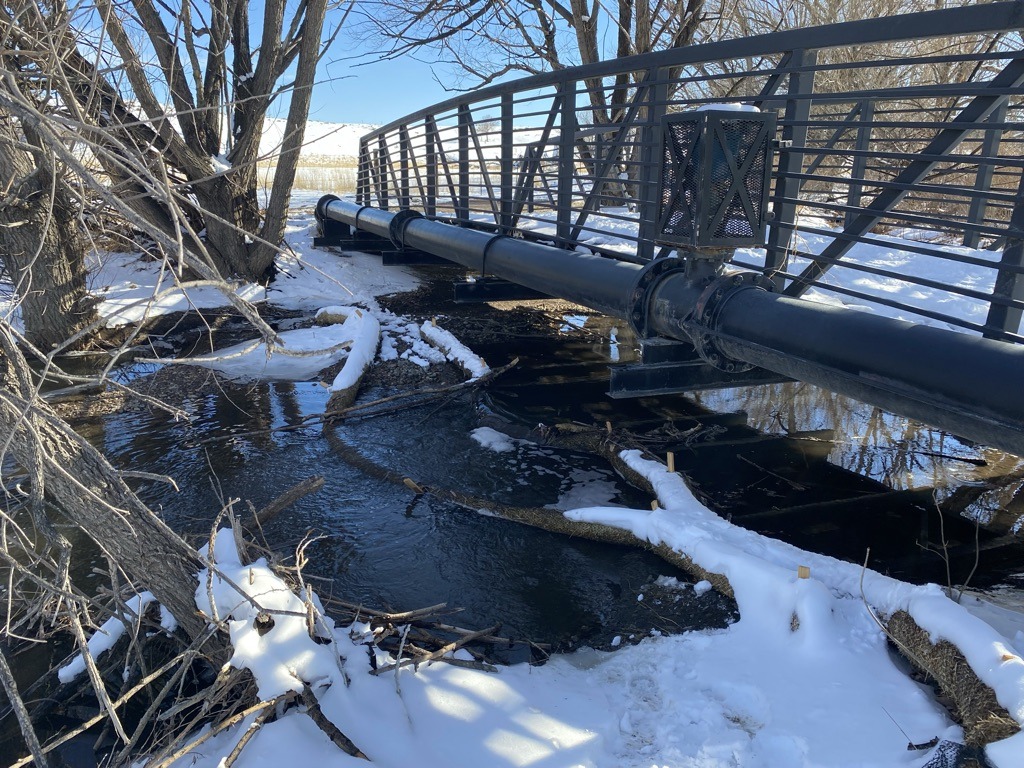
Program Contact
Julie Korak
Assistant Professor
korak@colorado.edu
303.735.4895
Wildfires can mobilize nutrients into streams that can adversely impact stream health and cause harmful algal blooms. Fires that occur in wildland-urban interface (WUI) areas, such as the Marshall Fire, also pose a unique environmental toxicity risk due to the combustion of household and industrial materials that contain metals (e.g., zinc, lead, copper), which can have a negative impact on the plant and animal life in streams. This study will measure standard water quality parameters, metals concentration, and benthic invertebrate (organisms that live on the bottom of the stream) and periphyton (organisms that cling to plants and other objects) health over Spring and Summer of 2022 at 8 sites along Coal Creek in Superior, Louisville, and unincorporated Boulder County. Water samples will be collected during a range of streamflow conditions.
This project engages local partners including the City of Boulder Open Space and Mountain Parks, Boulder Watershed Collective, and the Keep It Clean Partnership to assess and provide data on aquatic ecosystem health on an ongoing basis. The Keep It Clean Partnership is a collaborative network between the Town of Superior, City of Louisville and Boulder County.
Watershed sampling
Location
in colorado
Louisville
Dates
Ongoing
Public or Private
Private Program (by request only or for a specific audience or group)
Program Fee
Not Applicable
Sponsoring Units
College of Engineering & Applied Science
- Department of Civil, Environmental, & Architectural Engineering
Program Partners
- City of Boulder Open Space and Mountain Parks
- Boulder Watershed Collective
- Keep It Clean Partnership
Audiences Served
- General Public
- Government
- Non-Profit Organization